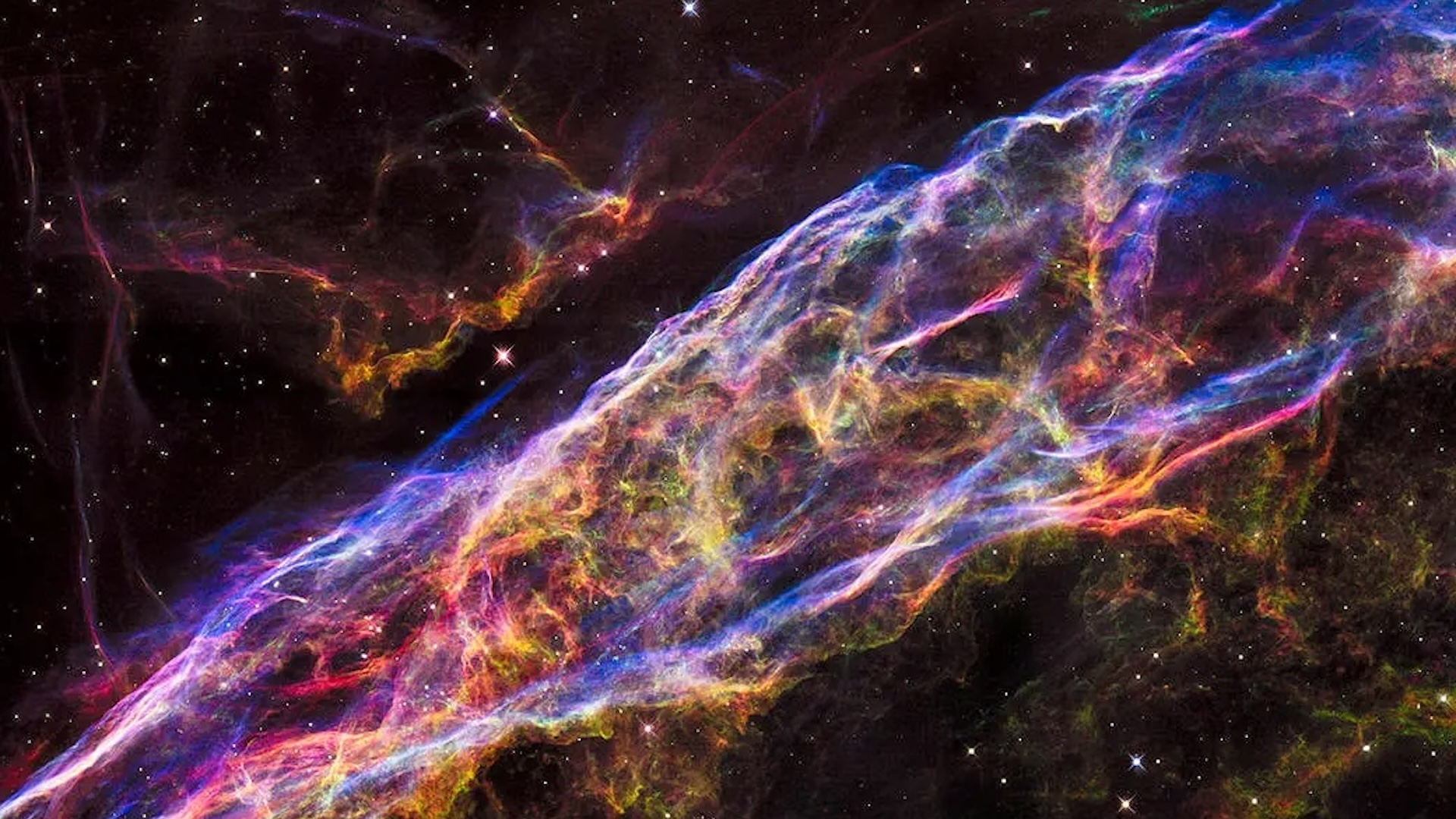Where do atoms come from? A physicist explains.

From the origins of atoms and consciousness in animals to cosmic beginnings inside black holes, these headlines explore profound scientific mysteries, challenging our understanding of the universe and life itself.

All major sources, one page
Feel the mood behind headlines
Know what’s trending, globally
Get summaries. Save time
9,141
118
211
40 minutes ago
Get instant summaries, explore trending stories, and dive deeper into the headlines — all in one sleek, noise-free mobile experience.
Stay sharp in 60 seconds. Get concise summaries of today’s biggest stories — markets, tech, sports, and more
All major sources, one page
Feel the mood behind headlines
Know what’s trending, globally
Get summaries. Save time
9,141
118
211
40 minutes ago
Get instant summaries, explore trending stories, and dive deeper into the headlines — all in one sleek, noise-free mobile experience.
Stay sharp in 60 seconds. Get concise summaries of today’s biggest stories — markets, tech, sports, and more